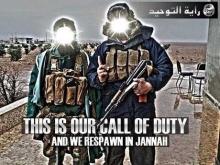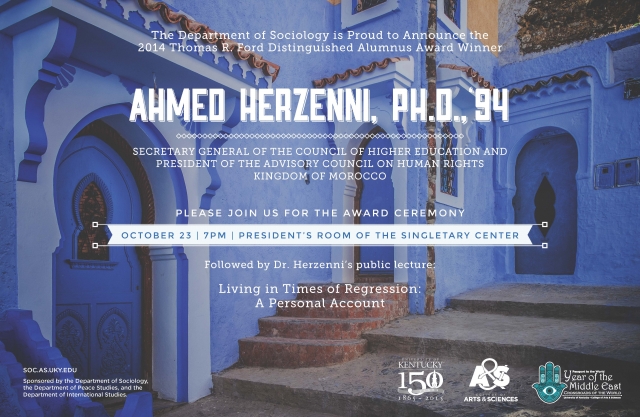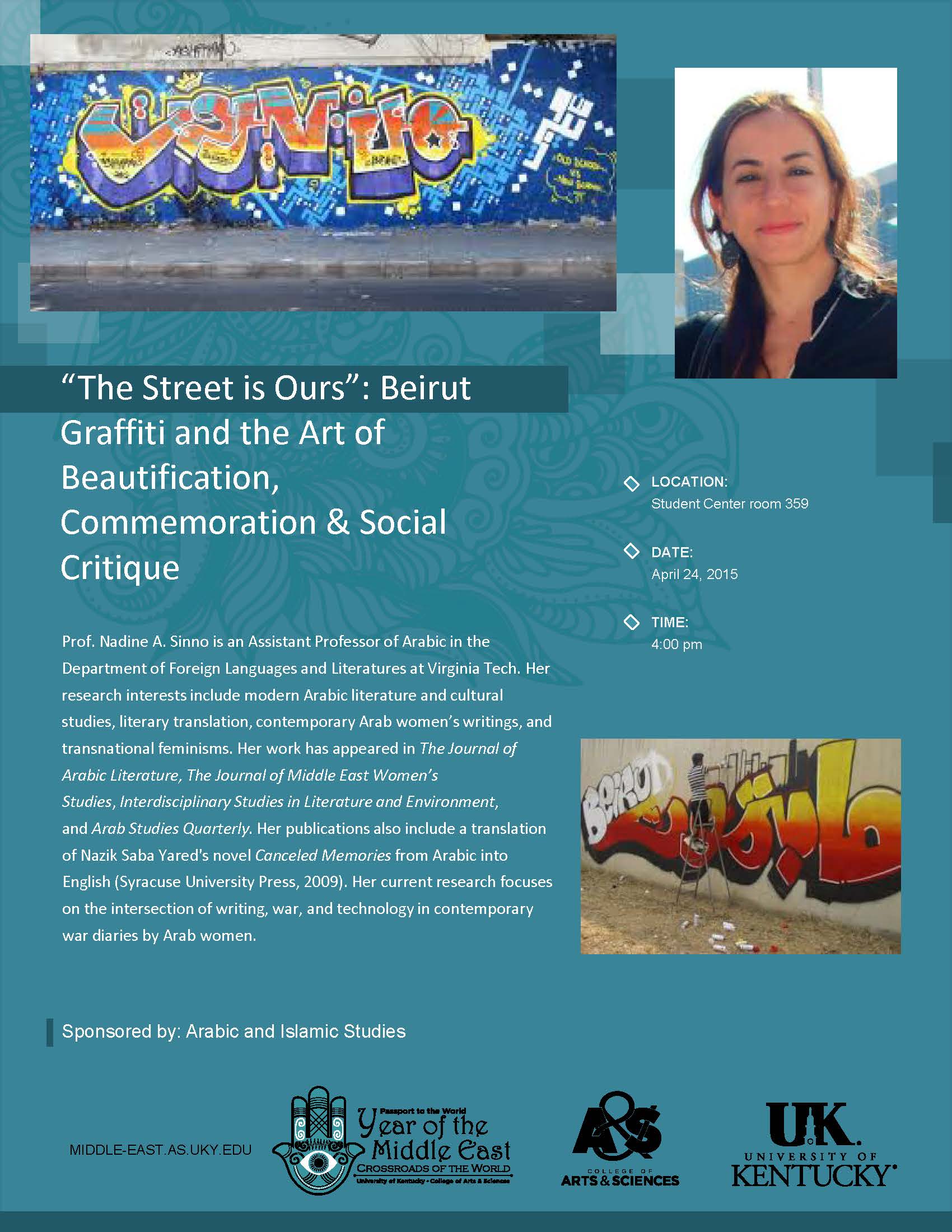Seminar Series: "Variation in young women's perceptions of dialect differences in the Arab World"
This study discusses perceptions of variation across dialects of Arabic in the Arab world as revealed through a perceptual dialectology map task. On a map of the Arab world, female undergraduate students at Qatar University provided information about boundaries where people speak differently and labels for those boundaries. A correlation analysis of the boundaries showed that participants viewed Arabic dialects as constituting five major dialect groups: the Maghreb, Egypt and Sudan, the Levant, the Gulf, and Somalia. A closer analysis of the content of the labels revealed variation in terms of principal (Goffman 1981) on whom they draw in their judgments, the latter being either individual, regional (intermediate) or wide-scope generic. This analysis not only identifies more granularity in the concept of principal, it also quantifies the different kinds of principal and identifies statistical relationships between them, the labels, and the boundaries.






